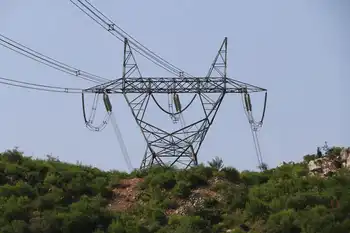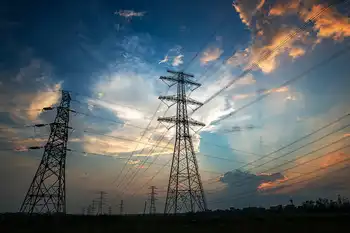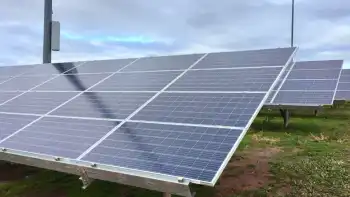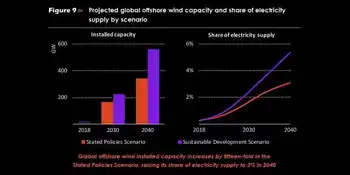New Safety, Work Rules Imposed at Nuclear Power Plants
San Diego, CA - -- Federal regulators toughened security requirements at the nation's nuclear power plants yesterday, ordering new tactics and firearms training for private guards while limiting their work week to prevent fatigue.
The rules imposed by the Nuclear Regulatory Commission also require plants to overhaul their plans to thwart terrorist attacks and sabotage. The orders have been widely anticipated by plant operators since Sept. 11, 2001. Officials with the NRC and the San Onofre Nuclear Generating Station in North San Diego County refused to release details on the new measures, calling them classified.
The Associated Press, however, reported that new guard training will include, for the first time, practicing firing at moving targets. Ray Golden, a spokesman for Southern California Edison, the majority owner of the local plant, said physical and procedural changes will be made to the plant in response to the latest regulations. "Security and emergency planning are two aspects of our business that are very dynamic that will constantly be evolving," Golden said.
The San Onofre plant is one of the nation's 103 commercial nuclear reactors. Golden said guards at the San Onofre plant have worked overtime in the last 18 months, but he said he has heard of no complaints similar to those at other reactor sites of guards working 72-hour weeks. Peter Stockton, an investigator with the watchdog Project on Government Oversight, criticized the NRC for "tailoring its requirements to meet the existing capabilities of the plants' private security guards" rather than "determining the realistic threat, then sizing the forces to meet that threat."
Related News

NDP takes aim at approval of SaskPower 8 per cent rate hike
REGINA - The NDP Opposition is condemning the provincial government’s decision to approve the Saskatchewan Rate Review Panel’s recommendation to increase SaskPower’s rates for the first time since 2018.
The Crown electrical utility’s rates will increase four per cent this fall, and another four per cent in 2023. According to a government news release issued Thursday, the new rates will result in an average increase of approximately $5 on residential customers’ bills starting on Sept. 1, 2022, and an additional $5 on April 1, 2023.
“The decision to increase rates is not taken lightly and came after a thorough review by the…




